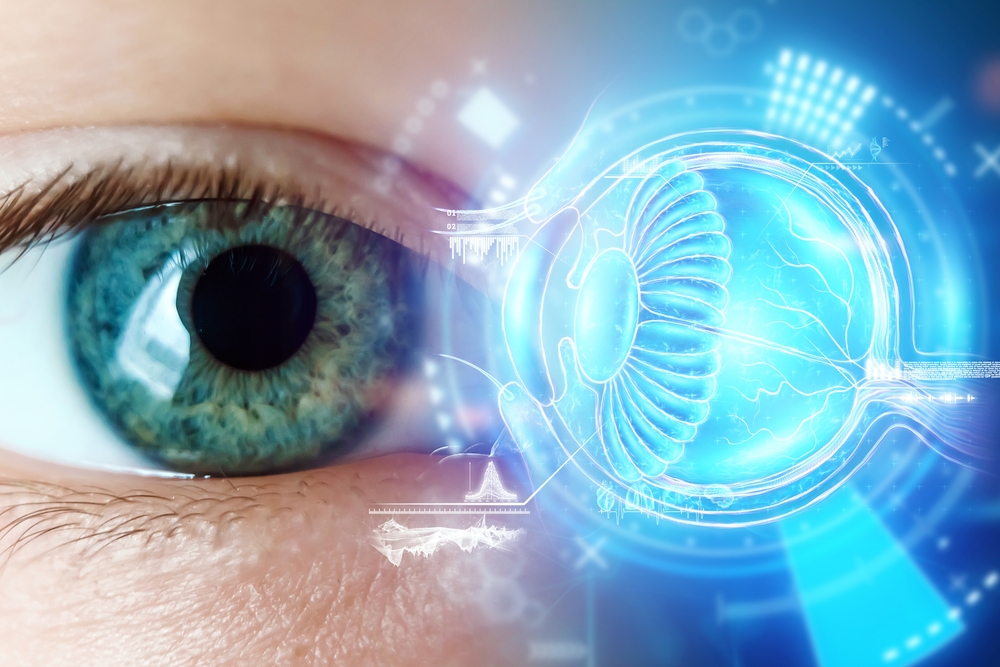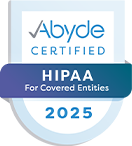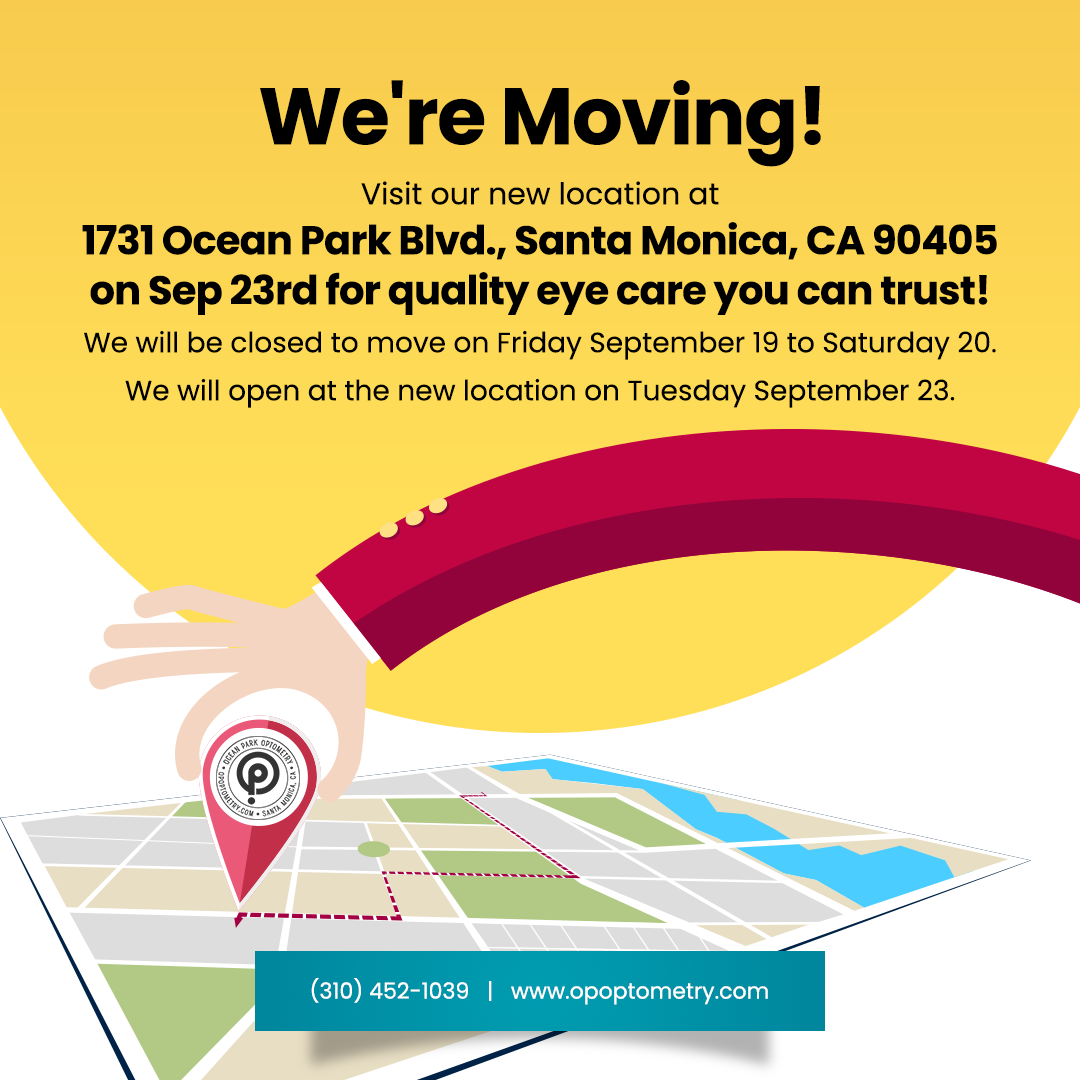
Treatment Options for Keratoconus: Improving Vision and Quality of Life
Keratoconus is a progressive eye condition affecting the cornea, the clear, dome-shaped surface of the eye. In people with keratoconus, the normally round cornea thins and bulges outward into a cone shape, leading to distorted vision and, in more advanced cases, significant visual impairment. Understanding keratoconus and the treatment options available is essential to managing the condition and maintaining quality of life.
What Is Keratoconus?
Keratoconus occurs when the collagen fibers that help maintain the cornea’s shape weaken. This weakening allows the cornea to gradually take on a cone-like shape, which disrupts how light enters the eye and results in distorted vision. The exact cause of keratoconus is still unknown, but genetics, environmental factors, and frequent eye rubbing may play a role in its development.
How Keratoconus Impacts Vision
Keratoconus affects vision by altering the shape of the cornea, which in turn impacts the eye's ability to focus light properly. Common symptoms include:
• Blurred or distorted vision
• Increased sensitivity to light
• Difficulty seeing at night
• Eye strain and headaches
• Double vision in one eye
These visual changes can make everyday tasks, such as reading, driving, and working on a computer, challenging. As the condition progresses, glasses alone may no longer provide sufficient vision correction, requiring specialized lenses or other treatments.
Treatment Options for Keratoconus
Several treatment options are available to help manage keratoconus and improve vision. The best approach will depend on the stage and severity of the condition, as well as individual preferences and lifestyle needs.
In the early stages of keratoconus, traditional glasses or soft contact lenses may be effective in correcting vision. These options are suitable for those with mild corneal irregularities, but as keratoconus progresses and the corneal shape becomes more irregular, glasses and soft contacts may no longer provide adequate correction.
RGP lenses are a common choice for individuals with keratoconus, particularly in moderate cases. Unlike soft lenses, RGP lenses are made from a firm, durable material that helps maintain its shape on the eye, providing a more stable refractive surface. These lenses sit on the surface of the eye and create a uniform refractive surface that compensates for the irregularities in the cornea, offering clearer and more stable vision.
However, RGP lenses can sometimes be uncomfortable to wear, especially for those with more sensitive eyes. It may take time to adjust to these lenses, but once accustomed, many people find them to be a significant improvement over glasses or soft contacts.
Scleral lenses are a larger type of contact lens that vaults over the cornea and rests on the sclera (the white part of the eye). These lenses are particularly useful for individuals with advanced keratoconus because they do not directly touch the cornea. Instead, scleral lenses create a fluid-filled reservoir between the lens and the cornea, which helps improve vision and provides additional comfort.
The fluid layer also serves as a cushion, protecting the cornea and reducing discomfort. Scleral lenses are often custom-made to fit the unique shape of the individual’s eye, making them an excellent option for those with highly irregular corneas or advanced keratoconus.
Finding the Right Treatment for Your Needs
If you have been diagnosed with keratoconus, it’s essential to work closely with your eye care provider to determine the most effective treatment plan for your individual needs. With early diagnosis and appropriate management, most people with keratoconus can achieve functional vision and continue to lead fulfilling lives.
Schedule a consultation with Ocean Park Optometry to learn more about how we can help manage your keratoconus for better vision and overall eye health. Contact our office in Santa Monica, California, by calling (310) 452-1039 to book an appointment today.













